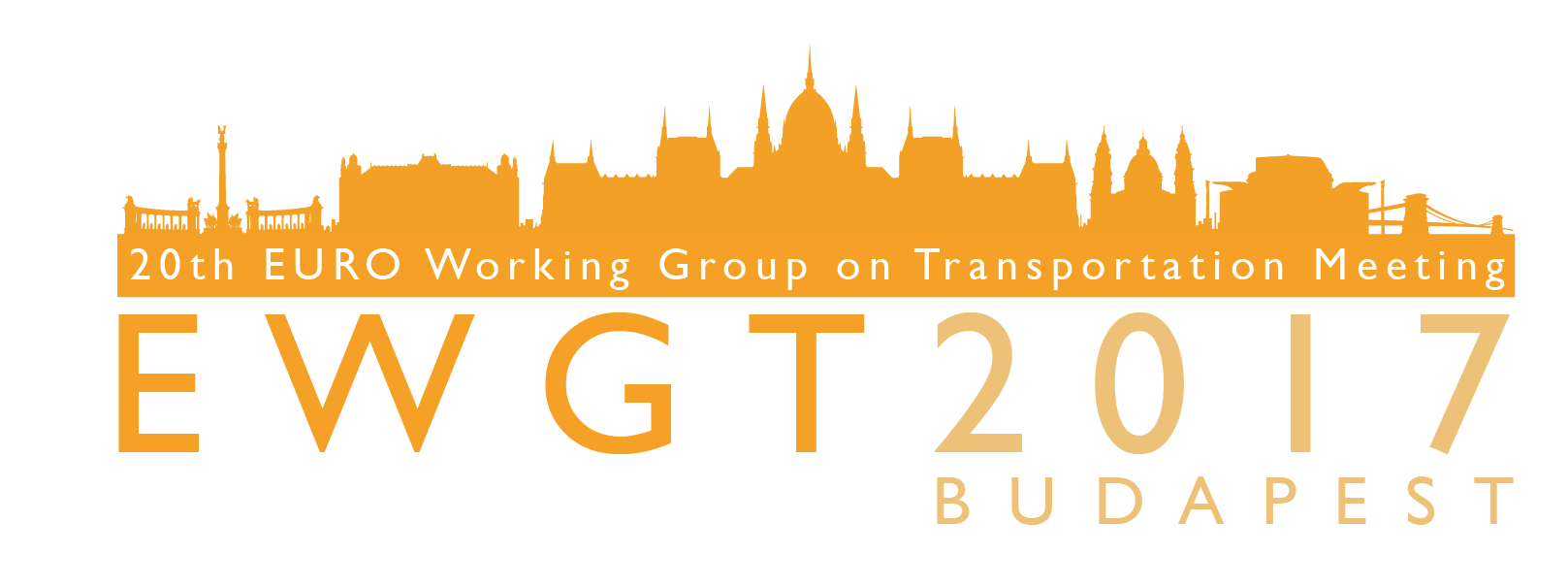Topic
New paradigm in urban transportation planning
Deadline
November 2017
Information
2015 Impact Factor: 0.962 ©2016 Thomson Reuters, 2016 Journal Citation Reports®
Guest editors
Domokos Esztergár-Kiss (Budapest University of Technology and Economics)
Tamás Mátrai (Budapest University of Technology and Economics)
Abstract
Social and economic changes of the last decades initiated changes in the mobility needs of citizens. These changes in the urban context together with increasing urbanization requires new approaches in urban transportation planning. Urban mobility should provide a solution for increasing demand, but in the same time needs to consider the scarce space and limited financial resources. In order to achieve the needed paradigm shift from “Predict & Provide” to “Aim & Manage” experts should have a better understanding about transport behaviour. Therefore, the development of more suitable models and methodologies for transportation systems is required to provide efficient solutions to the new challenges in transportation research. The topical collection will focus on new finding in the entire field of urban transport systems, including but not limited to: non-motorised transport, public transport, road space reallocation, land-use and transport interactions as well as data collection technique.

